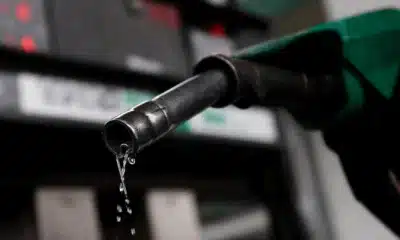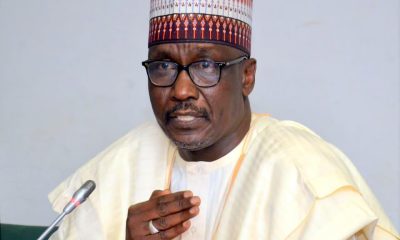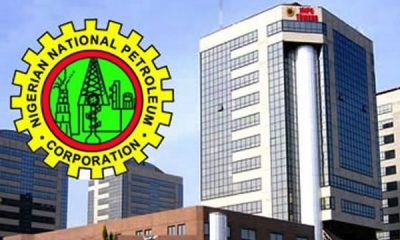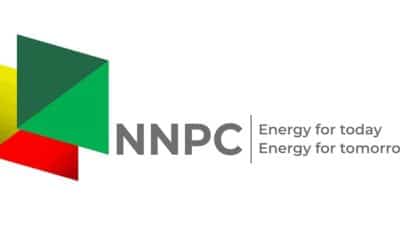Nigeria News
Petrol May Sell For ₦340 Per Litre In 2022 – NNPC
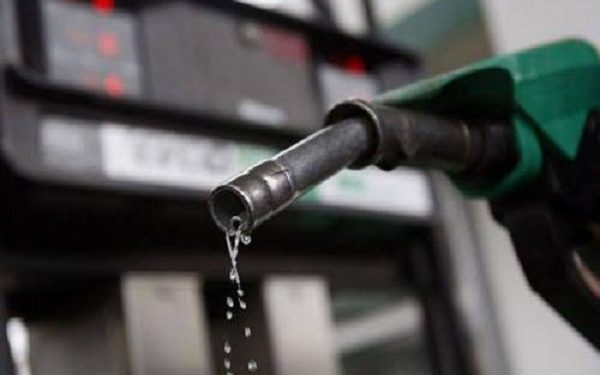
The Group Managing Director of the Nigerian National Petroleum Company, Mele Kyari, on Tuesday, hinted that the price of petrol may rise to ₦340 in 2020.
Kyari disclosed this during the presentation of the World Bank Nigeria Development Update, November 2021 edition titled “Time for Business Unusual” in Abuja.
According to the GMD of NNPC, fuel subsidy removal would be effected in 2022.
Kyari who spoke on the increase of prices of cooking gas said it was a demand and supply issue as there is a global challenge on the supply of gas and many countries are now threatened by lack of supply in December.
He said: “There will be no provision for it legally in our system, but I am also sure you will appreciate that government has a bigger social responsibility to cater for the ordinary and therefore engage in a process that will ensure that we exit in the most subtle and easy manner.”
He further stated that gas is not under any subsidy regime and therefore irrespective of where it was produced, would follow the global trend.
Kyari, however, assured Nigerians that NNPC is working on increasing local production to meet the needs of consumers.
The Minister of Finance, Budget and National Planning, Zainab Ahmed, while speaking at the event said the Buhari government will remove fuel subsidy by 2022 and substitute the subsidy with a N5000-a-month transportation grant to the poorest Nigerians.
The minister said the grant will be distributed to about 30 to 40 million Nigerians who make up the poorest population of the country.
She said: “The subsidies regime in the oil sector remains unsustainable and economically disingenuous.
“Ahead of the target date of mid-2022 for the complete elimination of fuel subsidies, we are working with our partners on measures to cushion the potential negative impact of the removal of the subsidies on the most vulnerable at the bottom 40% of the population.
“One of such measures would be to institute a monthly transport subsidy in the form of cash transfer of ₦5,000 to between 30 – 40 million deserving Nigerians.”

